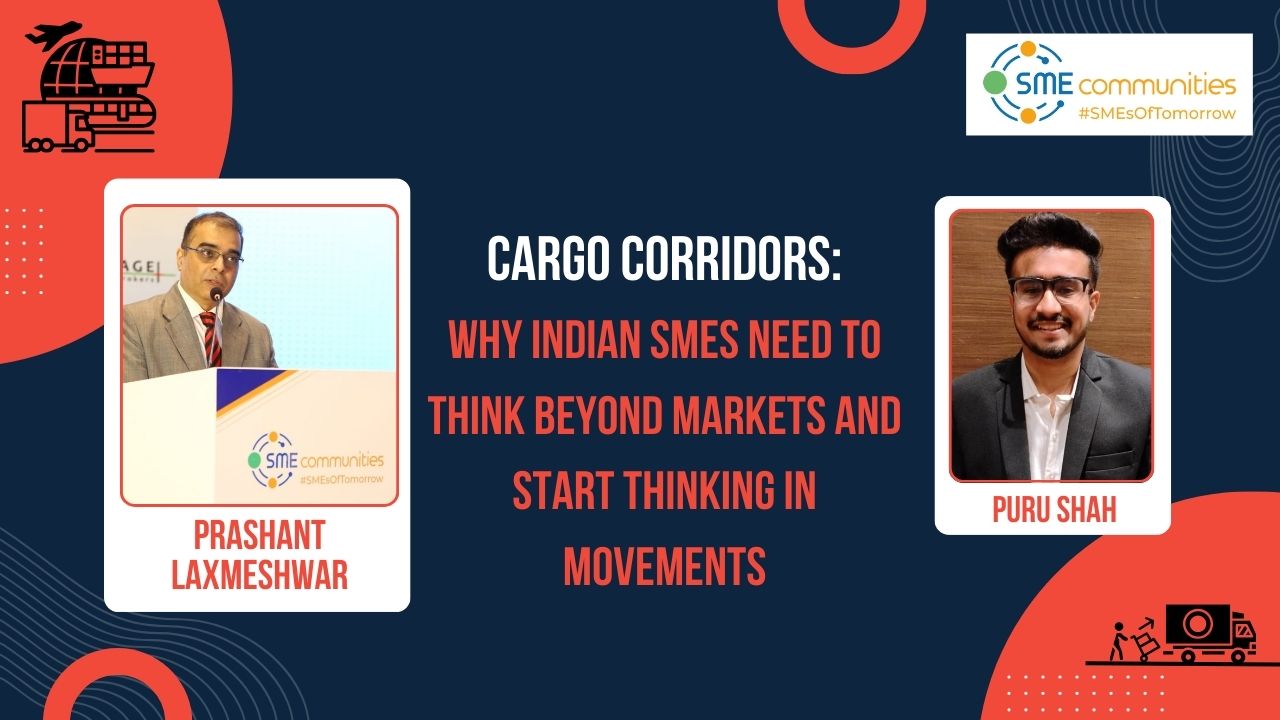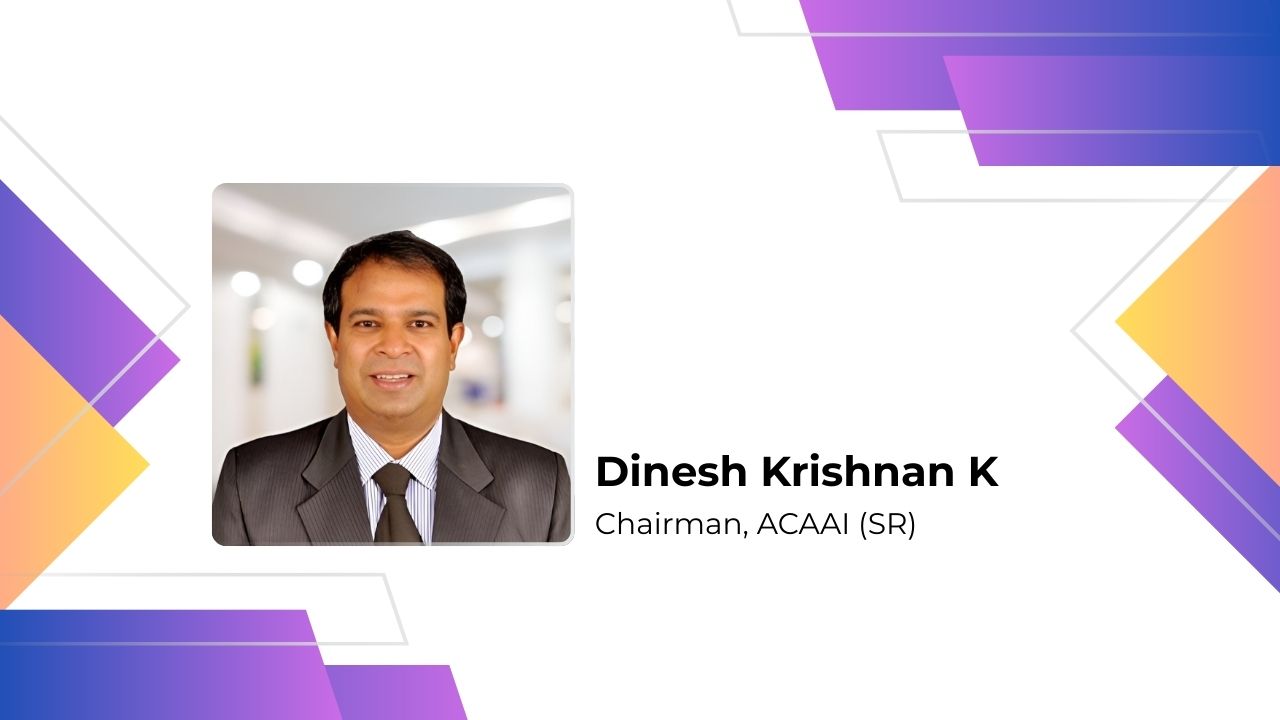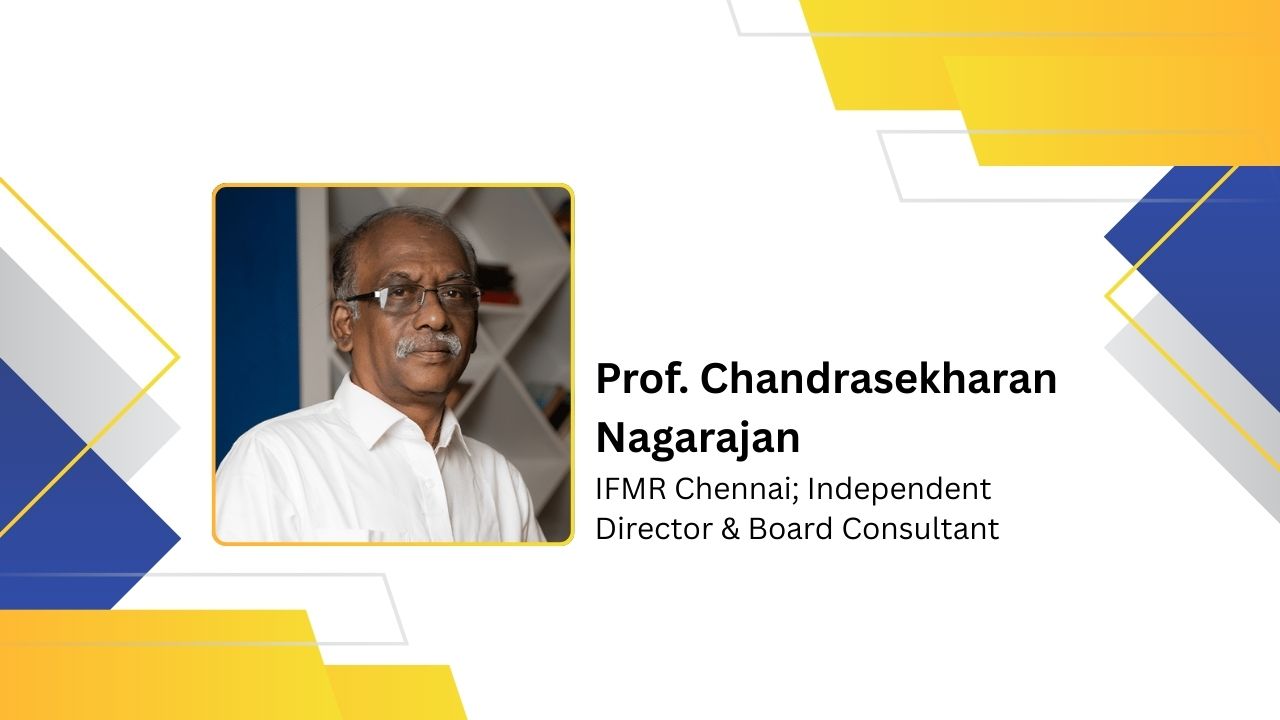Cyber Vigilant SMEs – with Cyber Risk & Cyber Insurance Lens

As India’s SME sector steps deeper into the digital era, cyber risk is no longer a concern confined to large corporations or the BFSI sector alone. From manufacturing floors in Coimbatore to logistics hubs in Bhiwandi, cyber threats are evolving fast and so must our risk preparedness.
In this exclusive conversation, we speak with Mr. Raviseshadri T, Strategic Advisor in Insurance and Insurtech- APAC and MENA, who brings a seasoned view from the intersection of cybersecurity, risk management, and insurance. With decades of experience across domains, He shares candid thoughts on why SMEs remain highly exposed to digital threats, what foundational practices can mitigate risks and how the insurance ecosystem must evolve to stay relevant and responsive.
In your view, what makes SMEs particularly vulnerable to cyber threats today and how is this risk landscape evolving as digital adoption deepens in Tier 2 and Tier 3 business hubs?
Given the digital transformation happening around, SMEs definitely want to get into this space and scale up their activities with lesser manual process. While doing so, their appetite on spending on cyber security mechanism is perceived as huge cost and they adapt to basic tools only. The hackers also know, they can have easy access, given the weak firewalls and security mechanisms. The risk is more in the tier 2&3 hubs, as they are not exposed to various awareness programs and solutions available. However the trend is slowly changing.
How can the insurance industry play a more proactive role in cyber risk mitigation for SMEs beyond just providing policies, especially in awareness, diagnostics and breach readiness?
The foremost thing is, the Insurance Industry has to innovate customised cyber covers depending on each industry as the automation/digitalisation varies. Secondly they also need to coordinate with Cyber security organisations, to help SMEs on awareness and trainings, so the Insurers also save on their probable claims.
Like what is happening with regard to Garage tie ups in Motor and Hospitals in Claims, they need to bring this to practicality with Cyber security firms
From a systems perspective, what foundational cyber risk management practices should SMEs embed at an early stage to reduce insurability challenges later?
Having a robust cyber security for an SME is a must. Constant awareness programs and trainings to all employees and monitoring needs to be done. Every employee should be made aware of Physical access security as well as system controls through strong passwords. The employees and managers need to be told of the impact of Data Breaches and the relevance of Data Privacy norms
Given your experience across risk domains, how do you see the convergence of cybersecurity and business continuity for SMEs, particularly in high-dependency sectors like logistics and manufacturing?
In the initial days, people were thinking that, it is applicable to BFSI sector only and hence it was not a priority concern for Manufacturers. But in today’s world of automation, it becomes more applicable to manufacturing and Logistics, as all of them rely on systems for data and day to day operations
What innovations do you foresee in the cyber insurance space tailored specifically for Indian SMEs, especially in terms of coverage relevance, premium accessibility and claims simplicity?
As digitalisation is becoming more and more prominent, AI tools will help in devising specific cyber security systems as well as Insurance covers there of Customisation will be the priority for cyber security professionals. Cost becoming an integral part, the SMEs appetite for Cyber insurance covers with low premium will be the order of the day. The insurers have to follow the Law of Large numbers and right protection through Reinsurance treaties.
More awareness programs for Cyber Insurance covers through various channels have to be strategically thought of and digital distribution will be playing a key role for SMEs the claims settlement process has to be simplified to enable trust amongst SME customers
Conclusion
Cybersecurity is no longer a luxury for Indian SMEs; it’s a non-negotiable necessity. As digital adoption deepens across Tier 2 and Tier 3 cities, so too must our efforts to embed risk awareness and resilience at the grassroots.
From risk-based underwriting to ecosystem partnerships, Mr. Raviseshadri’s insights remind us that both insurers and SMEs need to walk this journey together. Because in the digital economy, a business may not survive the second breach if it wasn’t ready after the first.











